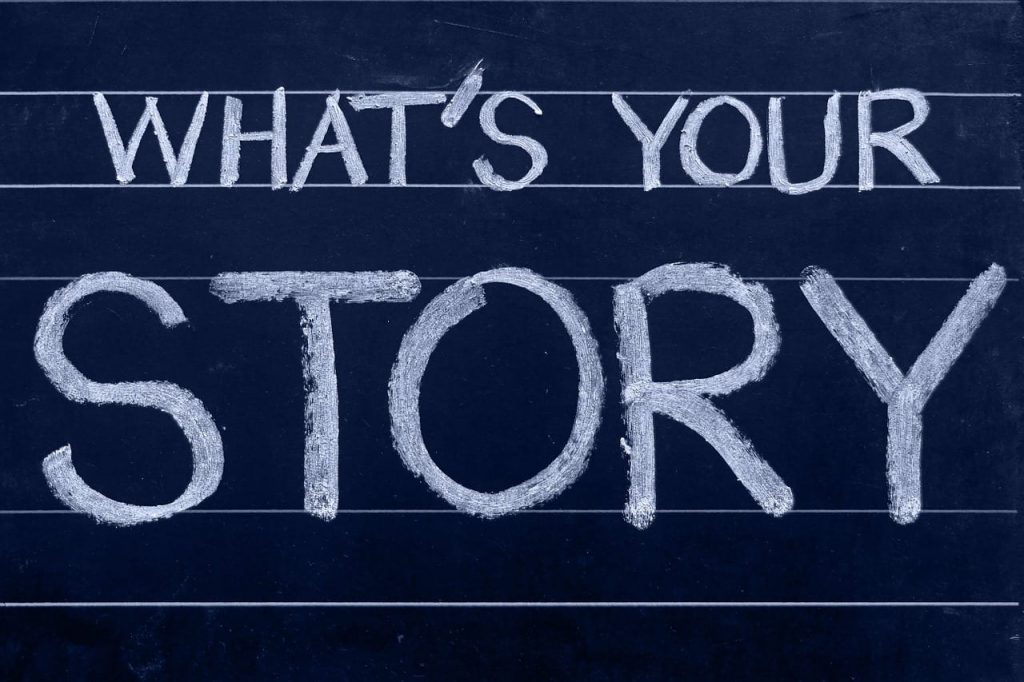“To be a person is to have a story to tell.” – Isak Dinesen
Storytelling is one of the oldest art forms practiced by humans. Stories entertain and teach. They reflect on experience and create community. Stories about recovery also have the power to heal.
What is a Story of Hope and Recovery?
Recovery in mental he
This concept of “being in” recovery is best illustrated through personal stories of people and their loved ones coping with the many challenges of mental illness in order to have the best life possible.
“There is no greater agony than bearing an untold story inside you.” – Maya Angelou
Why You Should Tell Your Story of Hope and Recovery…
- Your story is important. Serious mental illness has a deep and lasting impact on the people it touches. For many, it is the defining experience of their lives. It would be unbearable to think that these experiences are without meaning. Every story of mental illness and recovery is profoundly important – to the people who have lived it and all humanity.
- Sharing your story makes recovery real. It’s not a story of recovery until you tell someone else. Until that happens, it is just a hope inside you. Once you tell someone, you have made a declaration to another human being: I or my loved one faced mental illness and this is how we coped.
- Sharing your story helps you find your voice. Writing about a difficult period in your life can help you organize the chaos of past events in the structure of a story with a beginning, middle and end, and a moral you can learn from. It allows you to think about the events of your life and express them in a way that makes sense to other people and ultimately to you yourself.
- Sharing your story makes you stronger. Studies have shown that sharing difficult experiences with others results in improved health and well-being. Sharing these experiences in story form helps establish supportive bonds with other people. It also re-affirms positive values and reinforces lessons learned from life experiences.
- Sharing your story helps other people. Your story of hope and recovery may be someone else’s saving light – a message that they are not alone and their situation is far from hopeless. Our own emotional resilience and capacity to cope are strengthened when we realize we have the wisdom and strength to help other people.
- Sharing your story builds community. Shared storytelling is one of the foundations of civilization. Ancient myths are stories early humans told around a fire before we had science and religion. We still build community and create connections by sharing stories – especially those involving loss and hope.
Do you or a loved one have a story of mental health recovery that you would like to share? Find out how to share your story with our online community:
- Silver Hill Hospital: My Family’s 35-Year History with a National Leader in Quality Mental Health Care - February 7, 2023
- Connecticut Mother Who Lost a Son to Overdose Shares Her Story and Hosts Wilton Fundraiser to Benefit Laurel House - November 9, 2022
- Laurel House Offers $10,000 Racial Equity Scholarship for a Black or Hispanic Student Pursuing a Master’s of Social Work Degree - June 8, 2022




Here is a story from the New York Times that speaks to the healing power of storytelling… When Patients Share Their Stories
More on the healing power of telling your story… Writing Your Way to Wellness
I wrote my book, Finding Your Voice, Telling Your Stories: 167 Ways To Tell Your Life Stories (Marion Street Press 2008), to help people write their personal stories, whether for themselves in personal journals; as family histories; or to publish. It is available in bookstores, on Amazon, and in many public libraries throughout the U.S. and Canada.
Very descriptive article, I liked that bit.
Will there be a part 2?